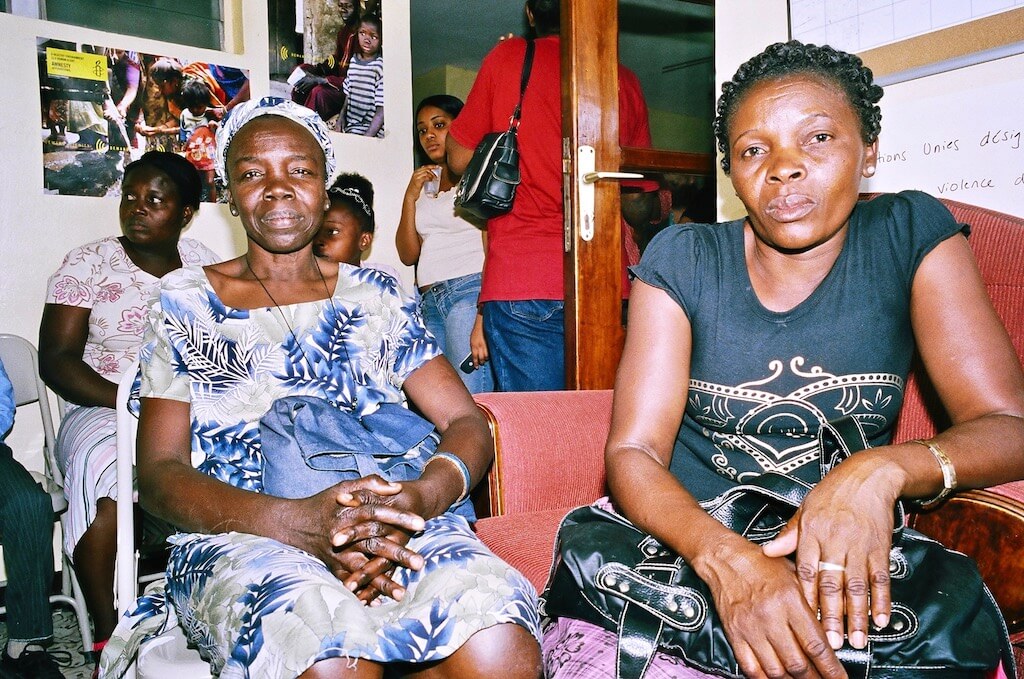Haitian agents advocate for victims of gender-based violence in twenty-two tent camps in Port-au-Prince, Haiti. Agents provide medical accompaniment, as well as, referrals for legal assistance and psychological support.


KOFAVIV (The Commission of Women Victims for Victims) and FAVILEK (Women Victims Get Up, Stand Up) are grassroots women’s organizations established by and for rape survivors of the military coup d’etats against President Jean-Bertrand Aristide in 1991 and 2004.
